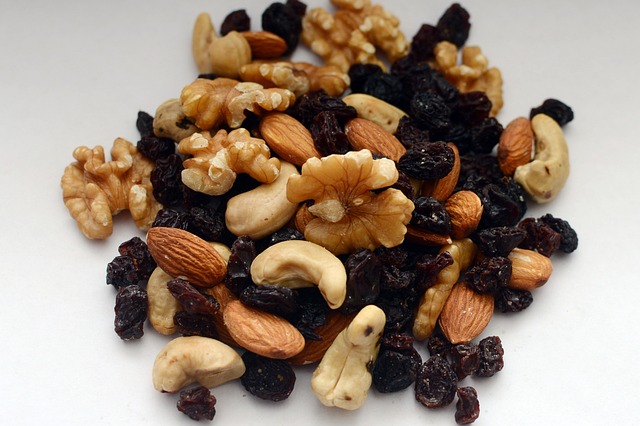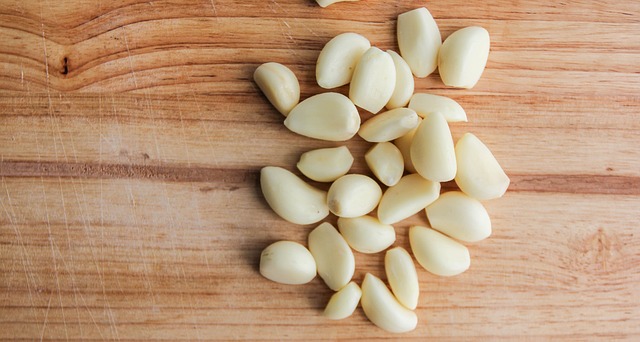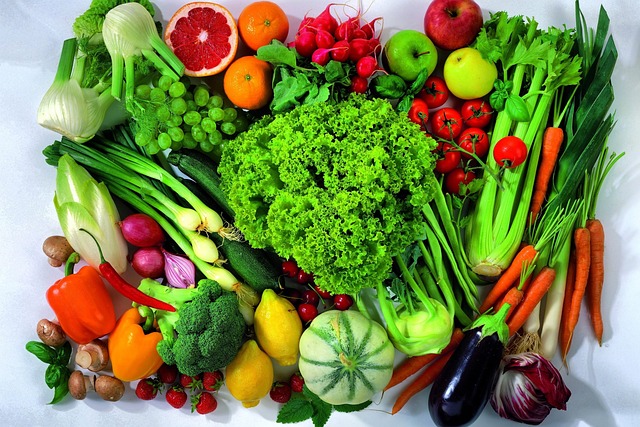In the intricate dance of life, our heart beats as the maestro, orchestrating the rhythm of vitality within us. Nurturing our heart’s health is not just a matter of avoiding harm; it’s about embracing the nourishment that supports its function. Alongside dietary choices, maintaining a normal pulse rate is vital for optimal heart function. In this article, we’ll explore a curated selection of the top 20 foods renowned for promoting cardiovascular wellness. Additionally, we’ll delve into natural techniques to maintain a steady pulse rate, fostering a harmonious symphony within our bodies.

Top 20 Foods for Heart Health
Fatty Fish
Rich in omega-3 fatty acids, fatty fish such as salmon, mackerel, and trout reduce inflammation and support heart health.
Berries
Blueberries, strawberries, and raspberries are packed with antioxidants, fiber, and vitamins, aiding in lowering blood pressure and reducing the risk of heart disease.
Leafy Greens
Spinach, kale, and Swiss chard are abundant in vitamins, minerals, and antioxidants, supporting heart health and regulating blood pressure.
Whole Grains
Oats, quinoa, and brown rice are high in fiber, aiding in lowering cholesterol levels and maintaining stable blood sugar levels.
Nuts
Almonds, walnuts, and pistachios are rich in healthy fats, fiber, and antioxidants, contributing to lower cholesterol levels and improved heart health.

Legumes
Beans, lentils, and chickpeas are excellent sources of protein, fiber, and minerals, promoting heart health and reducing the risk of heart disease.
Avocado
Packed with monounsaturated fats and potassium, avocados support heart health by lowering cholesterol levels and blood pressure.
Olive Oil
Extra virgin olive oil is rich in monounsaturated fats and antioxidants, reducing inflammation and supporting heart health.
Tomatoes
Tomatoes are high in lycopene, an antioxidant that helps lower cholesterol levels and reduce the risk of heart disease.
Dark Chocolate
Dark chocolate contains flavonoids that improve blood flow and lower blood pressure, benefiting heart health when consumed in moderation.

Flaxseeds
Flaxseeds are a rich source of omega-3 fatty acids, fiber, and lignans, supporting heart health and reducing inflammation.
Chia Seeds
Chia seeds are high in fiber, omega-3 fatty acids, and antioxidants, promoting heart health and stabilizing blood sugar levels.
Garlic
Garlic contains compounds that help lower cholesterol levels, reduce blood pressure, and support heart health.

Green Tea
Green tea is rich in antioxidants called catechins, which have been linked to improved heart health and reduced risk of heart disease.
Oranges
Oranges are packed with vitamin C, fiber, and antioxidants, supporting heart health and reducing inflammation.
Broccoli
Broccoli is rich in vitamins, minerals, and antioxidants, including sulforaphane, which supports heart health and reduces inflammation.
Pomegranate
Pomegranate contains antioxidants that help lower cholesterol levels and reduce inflammation, supporting heart health.

Sweet Potatoes
Sweet potatoes are rich in vitamins, minerals, and antioxidants, promoting heart health and stabilizing blood sugar levels.
Turmeric
Turmeric contains curcumin, a compound with anti-inflammatory and antioxidant properties that support heart health and reduce the risk of heart disease.

Red Wine (Moderation)
Red wine contains antioxidants, including resveratrol, which supports heart health and reduces inflammation when consumed in moderation.
Natural Tips to Maintain Normal Pulse Rate
Deep Breathing
Practice deep breathing exercises to promote relaxation and reduce stress, helping to maintain a normal pulse rate naturally.
Stay Hydrated
Drink an adequate amount of water throughout the day to support overall hydration and heart health.
Regular Exercise
Engage in regular physical activity to strengthen the heart muscle and maintain cardiovascular fitness.
Healthy Diet
Follow a balanced diet rich in fruits, vegetables, whole grains, lean proteins, and healthy fats to support heart health and regulate pulse rate.
Manage Stress
Practice stress-reduction techniques such as meditation, yoga, or mindfulness to lower stress levels and promote a normal pulse rate.
Limit Caffeine and Alcohol
Reduce consumption of caffeine and alcohol, as they can increase heart rate and disrupt normal pulse rhythm.
Adequate Sleep
Prioritize quality sleep to allow your body to rest and recover, supporting overall heart health and maintaining a normal pulse rate.
Regular Check-ups
Schedule regular check-ups with your healthcare provider to monitor heart health and address any concerns about pulse rate irregularities.
Conclusion
In the quest for cardiovascular wellness, nourishing our bodies with heart-healthy foods and adopting natural lifestyle practices is paramount. By incorporating the top 20 foods for heart health into our diets and following simple tips to maintain a normal pulse rate, we can cultivate a resilient and thriving heart. Let us embrace the power of nutrition and holistic wellness to nurture our hearts, ensuring they continue to beat in rhythm with the melody of life.













